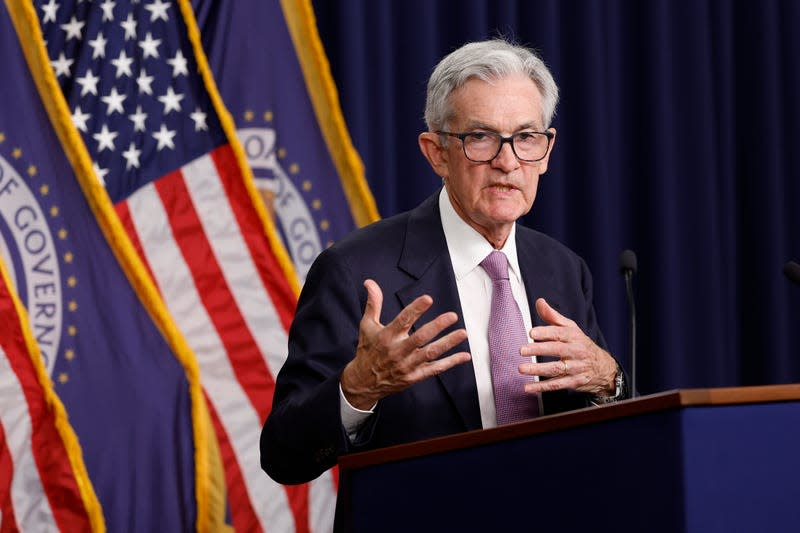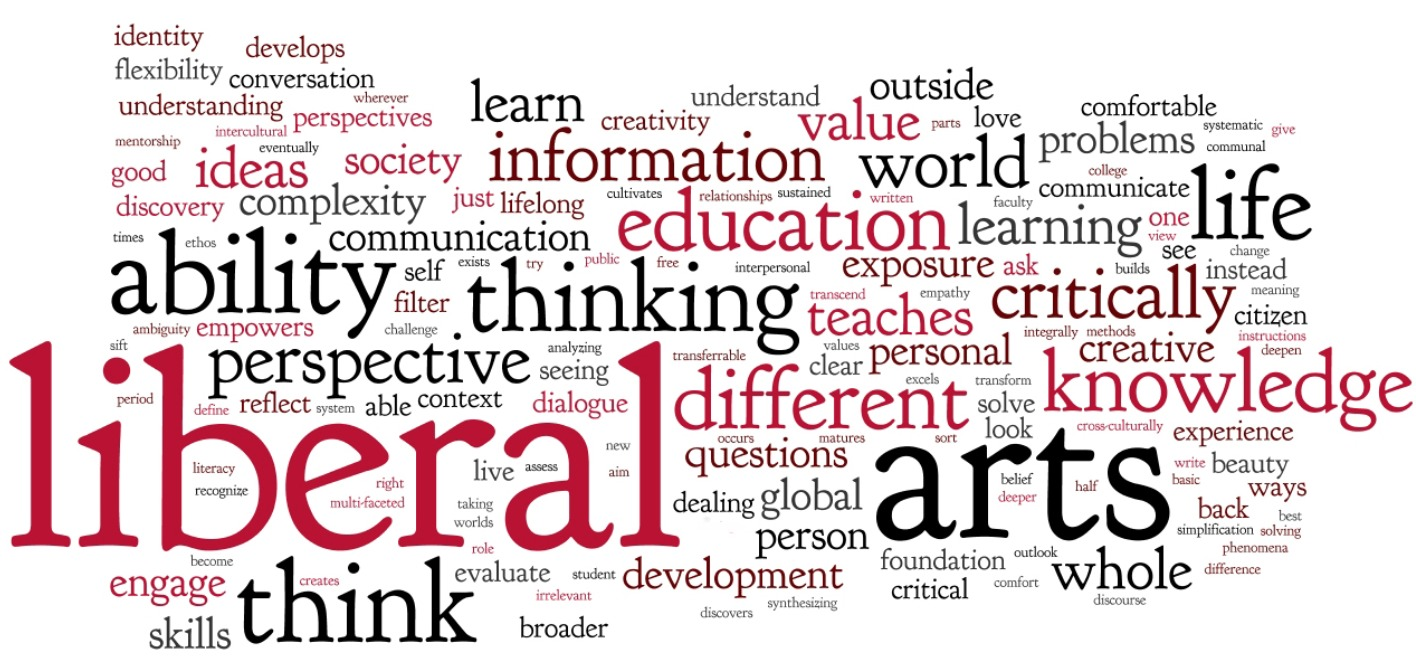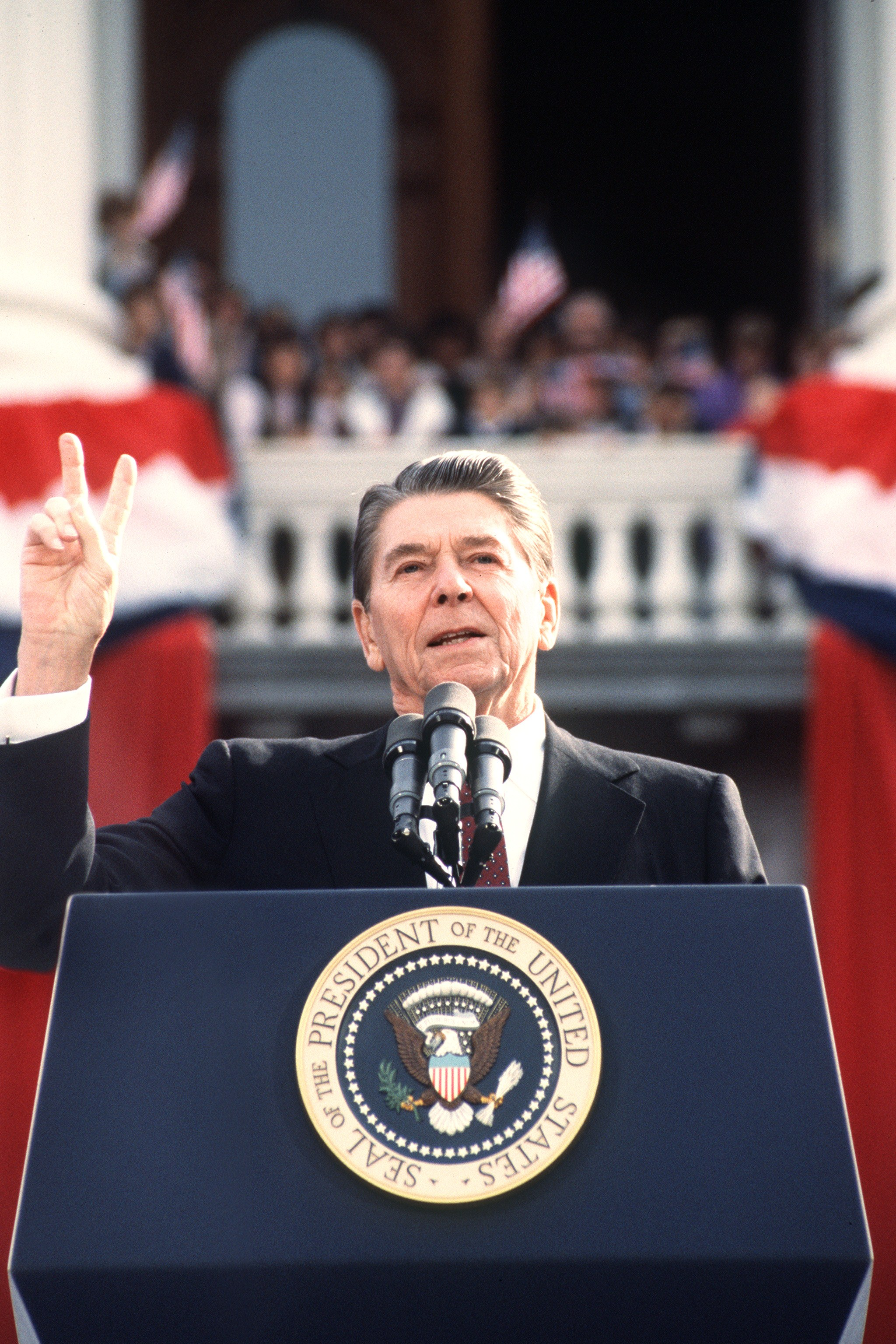The impact of tariffs on the U.S. economy has sparked considerable debate, particularly in the context of evolving U.S. trade policy. As government officials like Senator Rick Scott advocate for tariffs as a means to protect American workers, critics argue that such measures could lead to inflation and negative economic consequences. The relationship with China plays a crucial role in this discussion, as escalating tariff rates have prompted significant shifts in trade dynamics and economic forecasts. This ongoing economic policy discussion suggests that while proponents view tariffs as a leveling tool, their actual effect may prove detrimental to certain sectors. Understanding the complexities behind tariffs, including their potential to reshape inflation and overall trade relations, is vital for grasping the current economic landscape.
In recent discussions regarding trade barriers, the ramifications of imposing tariffs on the domestic economy have come to the forefront of public discourse. With many lawmakers, including notable figures like Senator Rick Scott, championing a tariff-based approach, there exists a tension between protecting local industries and avoiding inflationary pressures. The interplay with major trading partners such as China has been highlighted, as their response to U.S. tariffs could further complicate international trade relations. This debate not only revolves around conventional market dynamics but also encompasses broader implications for future economic strategies. Ultimately, the ongoing examination of trade impositions invites a critical perspective on both their immediate effects and longer-term economic health.
Understanding Tariffs and Their Impact on U.S. Economy
Tariffs have been a hot topic of discussion in U.S. economic policy, primarily due to their controversial impact on both domestic and international markets. Senator Rick Scott has publicly defended the implementation of tariffs, claiming they are crucial for protecting American workers and industries against unfair trade practices, especially from countries like China. With tariffs imposed at a staggering rate of 145% on Chinese imports, the broader goal is to level the playing field for U.S. manufacturers and encourage economic growth. However, the economic outlook is complicated, as tariffs can lead to inflationary pressures that affect consumers and businesses alike.
The ongoing debate surrounding tariffs highlights the complexities of U.S. trade policy. Proponents argue that they can help reduce trade deficits and bolster local industries, while critics voice concerns regarding potential retaliatory measures and the risk of escalating tensions with trading partners. The imposition of tariffs can create volatility, as evidenced by recent fluctuations in stock markets linked to the unpredictable nature of these policies. Economic policy discussions are often centered on whether a more collaborative trade approach with negotiation could yield better long-term benefits for the U.S. economy rather than a unilateral focus on tariffs.
Rick Scott’s View on Tariffs and China Trade Relations
Senator Rick Scott’s stance on tariffs heavily emphasizes his perception of China as a primary competitor to the U.S. economy. He has expressed a hardline approach, advocating for minimal to no trade with China, arguing that dismantling their economic might may be the only way to avert conflict. This perspective aligns with a greater trend in U.S. trade policy wherein tariffs are seen as tools to pressure countries into modifying their trade practices, thereby fostering a more favorable environment for American businesses. Scott believes that the tariffs will ultimately enable American workers to thrive and reduce dependency on foreign products.
However, the ramifications of such a policy are complex. While Scott argues that increased tariffs can protect U.S. jobs, critics point out that the economic outcomes can be detrimental, particularly for consumers who may face higher prices. There is significant debate within economic circles about the effectiveness of tariffs as a strategy. Some economists suggest that a trade negotiation approach may lead to a more balanced resolution of trade issues, rather than risking economic instability through tariffs, especially given the interlinked nature of global economies and supply chains.
The Relationship Between Inflation and Tariffs
The relationship between tariffs and inflation is an essential topic in contemporary economic policy discussions. Senator Rick Scott’s uncertainty regarding the impact of tariffs on inflation reflects the broader concerns among economists. Tariffs, by imposing additional costs on imports, can drive up consumer prices, contributing to inflationary pressures in the U.S. economy. The question remains whether the implementation of tariffs will lead to sustained inflation or if other fiscal strategies, such as balanced budgets, can mitigate these outcomes. There is a critical need for economic policy analysis that considers both immediate and long-term effects of tariffs.
Scott proposes that controlling inflation requires a balanced budget alongside tariff implementation, suggesting that fiscal discipline might provide a safeguard against rising prices. However, this perspective is debated among economists who argue that tariffs alone are insufficient to manage inflation sustainably. The broader economic implications of inflationary trends linked to tariffs necessitate a careful examination of both domestic policies and international trade dynamics, particularly as geopolitical tensions continue to influence U.S. trade policy.
Implications of Tariffs in the Global Economic Landscape
The global economic landscape has been significantly shaped by tariffs and other trade policies, with countries reacting to U.S. measures in various ways. Senator Rick Scott’s embrace of tariffs is seen as part of a broader strategy to not only protect American industries but to also redefine U.S. relationships with countries perceived as threats, such as China. By imposing these tariffs, the United States aims to compel other nations to reassess their trade barriers, creating a more balanced international trade environment that benefits American exports.
Yet, the retaliatory nature of tariffs complicates international trade relations, as seen with China’s imposing high tariffs on U.S. products. This tit-for-tat escalation can create an environment of uncertainty, impacting global supply chains and trade flows. The implications of these policies stretch beyond bilateral relations, influencing overall economic cooperation and market stability across the globe. As countries navigate these complexities, the need for strategic economic dialogue becomes increasingly important to avoid harmful trade wars.
Senator Rick Scott on U.S. Trade Policy Forward
In light of ongoing discussions on tariffs, Senator Scott advocates for a robust reform of U.S. trade policy aimed at safeguarding American labor and industries. He believes that current tariffs can act as leverage in negotiations with countries like China, thus pushing for favorable terms that would enhance market access for U.S. goods. His approach underscores a belief in an assertive stance in trade discussions, prioritizing American interests over global cooperation. This strategy signals a shift in how the United States engages with international markets, particularly in the context of competing economic powers.
Moving forward, Scott envisions a trade policy landscape that is less reliant on previous norms of cooperation and more focused on strategic positioning against adversarial economic practices. This framework aims to ensure U.S. workers are adequately represented and that their interests are shielded from import competition. However, this position raises critical questions about the balance of protecting domestic industries while promoting healthy trade relations in an interconnected global economy. The challenge lies in crafting a trade policy that secures benefits for American workers without inciting retaliatory measures that could destabilize the broader economic environment.
Challenges in U.S.-China Economic Relations
The complexities of U.S.-China economic relations exemplify the challenges arising from tariff policies. Senator Scott’s assertion that trade with China should be drastically minimized reflects a widespread sentiment among U.S. lawmakers advocating for a tougher stance on Chinese economic practices. The imposition of high tariffs by the U.S. has provoked similar retaliatory actions from China, leading to increased tensions that can disrupt trade flows and economic stability. As both countries navigate these challenges, the need for effective dialogue and negotiation becomes critical to avoid further escalation of economic conflicts.
As the U.S. government grapples with its approach to China, economic policy discussions will be crucial in determining the path ahead. Lawmakers like Scott face the challenge of addressing the economic concerns of constituents while managing the complexities of global interdependence. The implications of tariffs stretch beyond immediate economic outcomes; they shape diplomatic relationships and influence international trade norms. Moving forward, the U.S. must consider how to engage with China not just through confrontation, but also through strategic partnerships that may ultimately benefit both economies.
The Future of Tariffs in U.S. Economic Policy
As the U.S. contemplates the future of tariffs within its economic policy framework, the divergence of opinions becomes apparent. While Senator Rick Scott promotes tariffs as a tool for protecting American jobs and competition, many economists warn of their potential to create economic imbalances, leading to undesirable inflation and market instability. The distinct voices within this debate highlight the complexities of implementing a trade policy that simultaneously fosters domestic growth while managing the repercussions of international relations.
Navigating the future of tariffs will require a nuanced approach that carefully weighs the interests of American workers against the broader implications for trade relations and consumer costs. As both sides of the argument continue to evolve, it is imperative for lawmakers to consider comprehensive economic strategies that address root issues in trade imbalances without resorting solely to tariffs. Ultimately, crafting a balanced approach could pave the way for sustainable economic health while safeguarding the interests of American industries in the global marketplace.
The Role of Economic Policy Discussion in Shaping Tariff Strategies
Economic policy discussions are at the heart of shaping effective tariff strategies that address the dynamic landscape of international trade. Senator Rick Scott’s advocacy for tariffs arises from ongoing debates on how to address unfair trade practices, particularly with nations like China. These discussions often involve analyzing the potential benefits and drawbacks of tariffs as tools for protecting American industries. Engaging in comprehensive economic conversations allows policymakers to weigh the immediate impacts of tariffs against their long-term implications for the U.S. economy.
As the economic landscape continues to evolve, the role of informed discussions among policymakers, economists, and industry leaders becomes increasingly vital to formulating effective tariff policies. By fostering dialogue that takes into account diverse insights and experiences, the U.S. can navigate the complexities of global trade more effectively. This collaborative approach may not only improve the U.S. stance in negotiations but may also facilitate a more balanced economic policy that benefits both American workers and international partners.
Navigating Tariff Risks and Opportunities for U.S. Workers
Navigating the risks and opportunities associated with tariffs is crucial for ensuring that U.S. workers can thrive in a competitive market. Senator Rick Scott’s strong stance on tariffs reflects a commitment to enhancing American labor’s position against foreign competitors, particularly in light of China’s growing influence. While tariffs can create opportunities for domestic industries to flourish by reducing competition from imports, they also present risks, including potential retaliatory tariffs and increased consumer prices that could hurt U.S. households.
To truly benefit U.S. workers, it is essential to strike a balance between implementing tariffs and fostering an environment conducive to healthy trade relations. Policymakers must consider the broader economic landscape, including consumer behavior and market dynamics, as they design tariffs and other trade policies. By recognizing both the advantages and challenges posed by tariffs, the U.S. can create a more resilient economic framework that supports workers while navigating the complexities of global trade.
Frequently Asked Questions
What is the impact of Rick Scott tariffs on the U.S. economy?
Rick Scott’s support for tariffs, as part of previous U.S. trade policy under the Trump administration, aims to level the playing field for American workers by reducing competition from imported goods. However, these tariffs could lead to increased prices for consumers and potential inflation, as they disrupt global supply chains and raise costs for U.S. manufacturers.
How do tariffs influence U.S. trade policy and economic growth?
Tariffs serve as a tool in U.S. trade policy to encourage domestic production and reduce trade deficits. While proponents like Rick Scott argue that they benefit American workers, critics suggest that they can stifle economic growth by making imported goods more expensive, potentially leading to inflation and harming consumer purchasing power.
What is the relationship between tariffs and inflation in the U.S. economy?
The connection between tariffs and inflation is complex. Tariffs can increase the cost of imported goods, which may contribute to inflation in the U.S. economy. As Senator Rick Scott mentioned, the true impact on inflation will be contingent upon broader economic policies, including efforts to balance the budget.
How do tariffs affect U.S.-China trade relations?
The tariffs imposed on China, particularly the high rates mentioned by Senator Rick Scott, significantly impact U.S.-China trade relations. These tariffs are designed to pressure China into a more favorable trade position for the U.S., but they also escalate trade tensions, potentially leading to retaliation and diminished trade volume.
What are the potential economic repercussions of the U.S. government’s tariff strategy?
The government’s approach to tariffs, as advocated by figures like Rick Scott, could have varied repercussions, including market volatility, impacts on GDP, and changes in consumer prices. While aimed at protecting U.S. workers, these tariffs could also lead to trade wars, increased costs of goods, and inflation dilemmas.
What does Rick Scott believe about the long-term effects of tariffs on U.S. workers?
Senator Rick Scott believes that tariffs will ultimately benefit U.S. workers by enhancing their ability to sell products without foreign competition. He argues that reducing barriers will create a more advantageous environment for American manufacturing, although this perspective is debated among economists.
Why do some economists disagree with the tariffs imposed in U.S. trade policy?
Many economists argue that while tariffs may protect certain industries, they generally disrupt international trade, lead to higher prices for consumers, and could stifle overall economic growth. Critiques, including those from analysts like Jason Furman, suggest that the tariffs could harm the U.S. economy rather than improve it.
| Key Points | Details |
|---|---|
| Sen. Rick Scott’s View | Tariffs will level the playing field and help U.S. workers. |
| Tariff Strategy | Defended Trump’s tariff strategy to pressure other nations to remove their tariffs on U.S. products. |
| Impact on the Economy | Trump’s tariffs are blamed for stock market volatility and a contraction in GDP. |
| Negotiation Alternatives | Furman suggested negotiations could be more beneficial than unilateral tariffs. |
| China’s Trade Relations | Scott believes trade with China should be completely halted. |
| Tariff Rates | U.S. imposed a 10% tariff on most countries; China faces a 145% tariff. |
| Inflation Concerns | Scott is uncertain about how tariffs will impact inflation. |
Summary
The impact of tariffs on the U.S. economy is a contentious topic, with proponents like Sen. Rick Scott arguing that they will support American workers and manufacturers by leveling the playing field against foreign competitors. However, there’s significant disagreement among economists who warn that such measures could harm economic growth and lead to inflation. As the U.S. navigates complex trade relationships, particularly with China, it remains crucial to weigh the intended benefits of tariffs against their potential drawbacks, ensuring that the policies foster a healthy economic environment.


